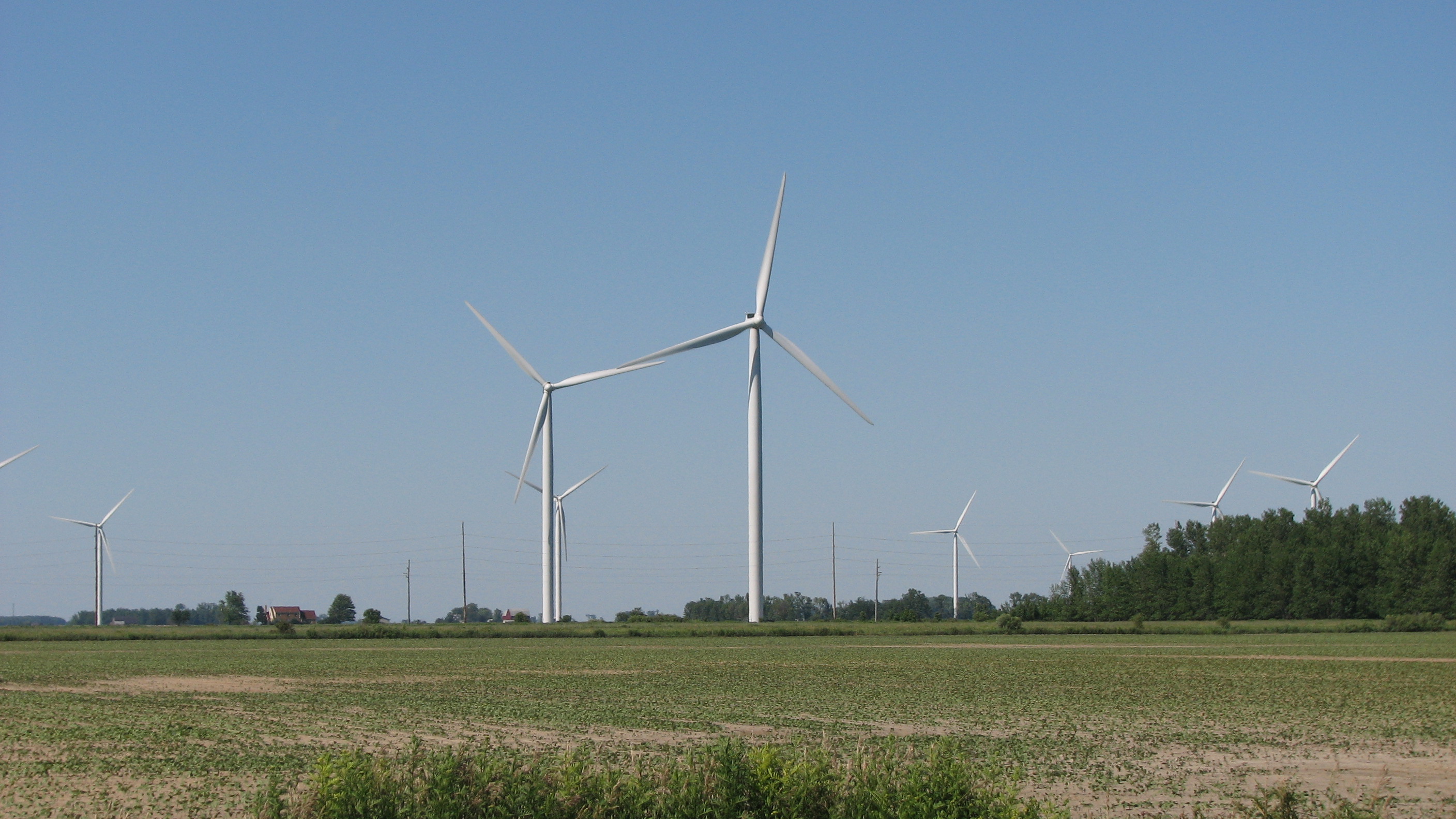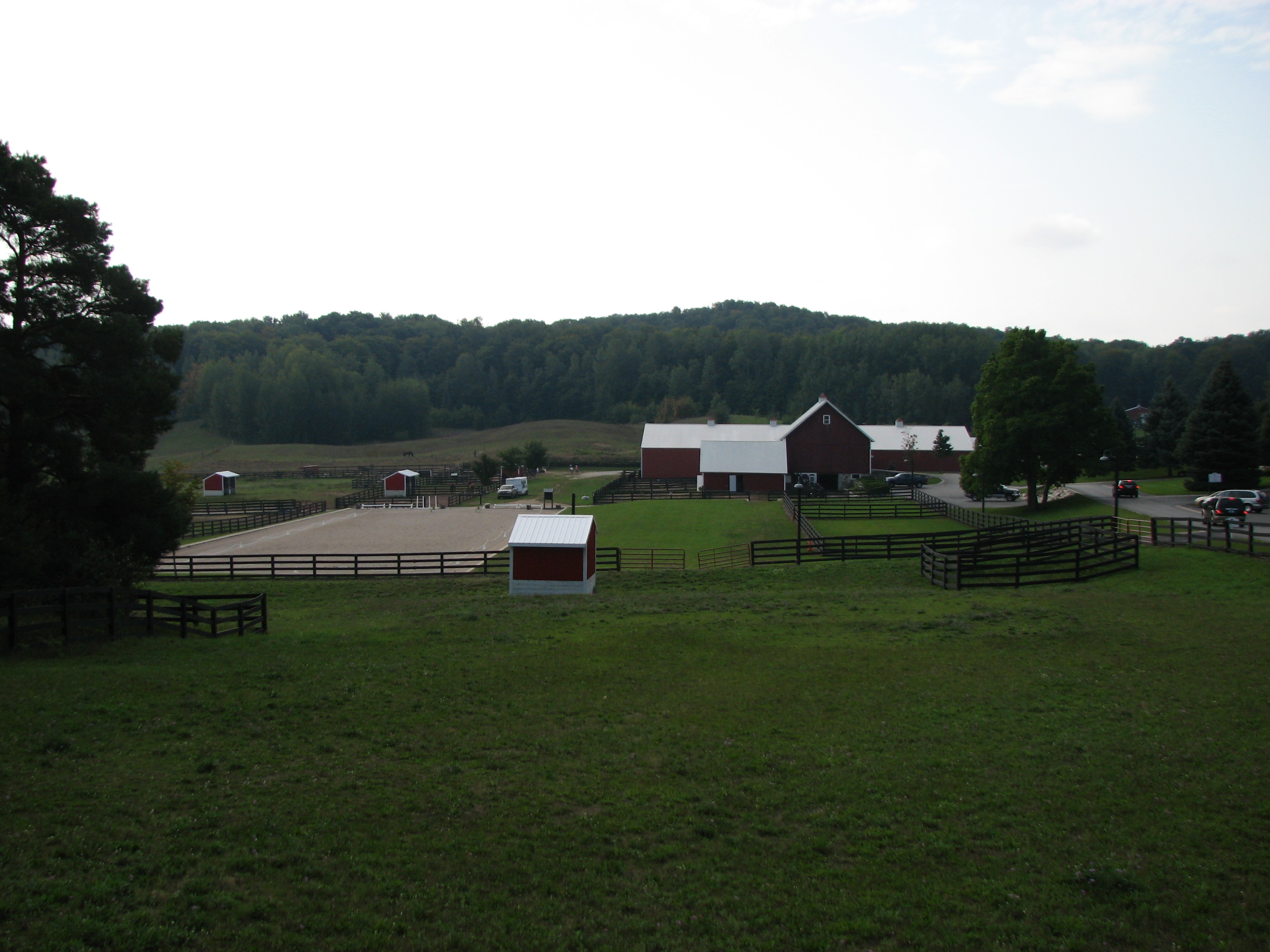Topic outline
General
Developing Land Use Policies
Introduction
Land use planning can affect our quality of life and the kinds of work people do in a community. Former Governor Jennifer Granholm stated that thousands of young adults are moving away from Michigan every year. They may be seeking a better quality of life and more rewarding work. Better land use policies may help keep young adults from leaving Michigan. The State of Michigan can only do so much to improve the quality of life in your area. Most of the improvements have to be made at the local level of government.
Your task is to write good land use proposals, which will increase the quality of life in your community and encourage you to stay there as an adult.
Here are the major steps of this project:- Write Hypotheses: Students will write five initial proposal hypotheses. An hypothesis is a statement that may be true but needs to be studied and tested. Hypotheses on what would be good land use policies can never be proven, but can be disproved. First you will think of five ideas individually, then your whole class will decide on five hypotheses.
- List draft propsals, one to three sentences describing the proposal.
- Speak with an Expert: Test and discuss the hypotheses with experts and students from other classes.
- Review Your Hypotheses: Review and possibly revise the hypotheses and reduce the five to one.
- Research Your Hypothesis: Research the hypothesis by collecting data from websites, newspapers and journals, interviews and surveys.
- Refine the Hypothesis: Refine the hypothesis based on the research.
- Write and Present Policy: Write your proposal and action plan and develop a presentation.
- Present over Video Conference: Present to other classes, experts and audiences that write the policies in your community.
Complete the Policy Proposal, Action Plan and Presentation
- Continue to develop the Plan
- Complete the presentations using the guidelines available and assign speaking and other roles.
- Confirm videoconference connections and practice
- Videoconference to present your policy and action plans to the Land Use experts. The experts will be asking questions about your policy and action plan.
- Debrief and discuss what you learned.
- Use this Forum to ask questions and get help.
The purpose of the Student Forum is for students to talk about things not necessarily related to the project. You can exchange ideas and ask each other questions.
There are rules! Do not give out home address, phone numbers, pictures or other identifying information. Enjoy the Student's Forum in a safe responsible manner.
The Land Use Project by Mike Souden and Oakland County ISD and Oakland County Land Use Planners is licensed under a Creative Commons Attribution-NonCommercial 3.0 Unported License.
Topic 1
The Task Your class will create a proposal that will enable your community to improve how it manages the use of its land, to improve the quality of life, so that young people will stay. When you are done you will make a presentation to other schools around the state, and to community leaders and land use experts, on what your class feels needs to be done. To develop a plan for attracting young people to live in your community you will need to answer the question “How can the use of land in your community be improved so that the quality of life will encourage you to stay?”
Clarify and refine the question to develop the initial hypotheses
To develop a plan for attracting young people to live in your community you will need to answer the question
“How can the use of land in your community be improved so that the quality of life will encourage you to stay?”
Take ten minutes to list what questions need to be answered for this question to be clear. For example, what does the “use of land” mean? You will discuss these issues as a class.
After clarifying the question use the directions for Brainstorming and Selecting to develop five agreed upon hypotheses for improving the use of land in your community.
Begin the Research
Research includes reading existing information and getting information that does not exist. Existing information can include websites, newspapers, journals and radio and TV. Not existing information can include surveys, interviews and observations. To begin the research processes do the following:
- Click on Information Processing to get steps for conducting research and use this tool to guide your research.
- Review the Research Rubric to see how to explain the research.
- As you study the hypothesis, keep in mind Evaluation of Land Use Options; Generic Questions.
- List questions you may have about the hypothesis. Examples of the questions are “What short term and what long term actions could be take to improve the quality of life.
- Your solution may be impacted by a state or local governmental policy, so you will want to explore the legal issues surrounding your solution.
- You will need to explore how your solution is impacted by existing policy and what changes need to be made in the policy or in your solution.
- What support do you have for your solution?
The best way to do this project is to divide into teams. Use the Team Planning Worksheet to set the key teams.
Topic 2
Expert Interview research the hypothesis, complete the hypothesis and do peer review
Developing Questions for the Video Conference with land use experts
- Review the Evaluation of Land Use Options; Generic Questions and review the items, make sure that they are understood.
- Review the five (or fewer) hypotheses that the class has agreed are the best for improving the quality of life in your community.
- Discuss the five ideas and the possible negative and positive impacts that each of the five may have on your community.
- Divide into the number of teams for which there are hypothesis.
- Each team takes a hypothesis.
- Select a Facilitator and a Recorder.
- Review Evaluation of Land Use Options; Generic Questions and the hypotheses to develop questions that you would want to ask land-use experts. For example, if one of your ideas is to build a new building, what should you consider when building it? How will the new building affect the view or atmosphere of where your want to build it?
- Vote to select the three most important questions.
- After selecting the questions share them with the rest of the class and if there are duplicates, delete them.
- Three days prior to the videoconference post your questions on the Post Interview Questions discussion board.
As a class, identify those who will be Questioners and those who will be Recorders at least one day prior to the Expert Interview.
At the Expert Interview Video conference- The Questioners have initial questions to ask the Experts,
- If a question that is the same as one of your classes has been asked and answered, the Questioner should not ask the question.
- As the Questioners ask the questions they should be forming secondary or follow-up questions.
- The Recorders should be taking notes as the questions from all the classes are being asked and answered.
The Recorders will post their notes on the Expert Interview Wiki.
- Review the Evaluation of Land Use Options; Generic Questions and review the items, make sure that they are understood.
- The purpose of this Forum is to post the questions you will be asking the experts. Please post them a couple of days prior to the interview.
Use the wiki to post your notes from the expert interview so that others can review them.
Reporting and narrowing the list of hypotheses
- After the conversation with the experts the Recorders will report what they heard to the class.
- After reviewing the notes from the conversations, including those on the discussion, narrow the number of possible quality of life solutions to one.
- Use the same “dot voting process” to narrow the number of quality of life solutions
Complete the research and begin a draft of the solution. As a class, develop an outline of the solution.Post Draft Outline of Policy Proposal, Action Plan and Presentation
- Complete a draft outline of the solution.
The outline should include a draft of your solution, policy proposal and your action plan. Consider the Research Rubric as you put together your outline.- Post the result of your draft solution on the discussion board for a peer review.
Download and review the solutions posted by other students and use the Research Rubric as a guide to review and comment on the postings.- Expert review and re post the reviewed research results with your comments.
- Review the comments from the experts and respond to the issues raised. Begin working on your presentation, you will need:
- A written description of your proposal including the solution, policy change and action plan.
- A computer slide (PowerPoint) presentation summarizing key points of the proposal.
- Any data that support your solution and action plan.
- As a class review the outline of the solution. Complete the project by dividing into teams. There should be a team that will be working on the policy and action plan, one on the slide presentation and another putting together the Class Portfolio. To see what the teams need to do click on the team you are on:
Policy
Action Plan
Data collection and development
Computer slide presentation (PowerPoint)
All of the teams will work from the same outline.- Develop presentations using the guidelines provided. Share the draft computer presentation and seek input.
Use this Forum to post your outline of the DRAFT proposal. The experts will review and comment.
Topic 3
Topic 4
Videoconference for Questions - January 21
January 21
Teacher and School
Actual Start/End Time
Teacher and School
Actual Start/End Time
8:10
9:10
10:10
11:10
12:10
1:10
2:10
3:10
Videoconference for Questions - January 22
January 22
Teacher and School
Actual Start - End Time
Teacher and School
Actual Start/End Time
8:10
9:10
10:10
11:10
12:10
1:10
-
2:10
3:10
Videoconference for Presenting - March 23
March 23
Teacher and School Actual Start/End Time Teacher and School Actual Start/End Time 8:10
9:10
10:10
11:10
12:10
1:10
2:10
3:10
Videoconference for Presenting - March 25
March 25
Teacher and School
Actual Start/End Time
Teacher and School
Actual Start/End Time
8:10
9:10
10:10
11:10
12:10
1:10
2:10
3:10
Topic 5


